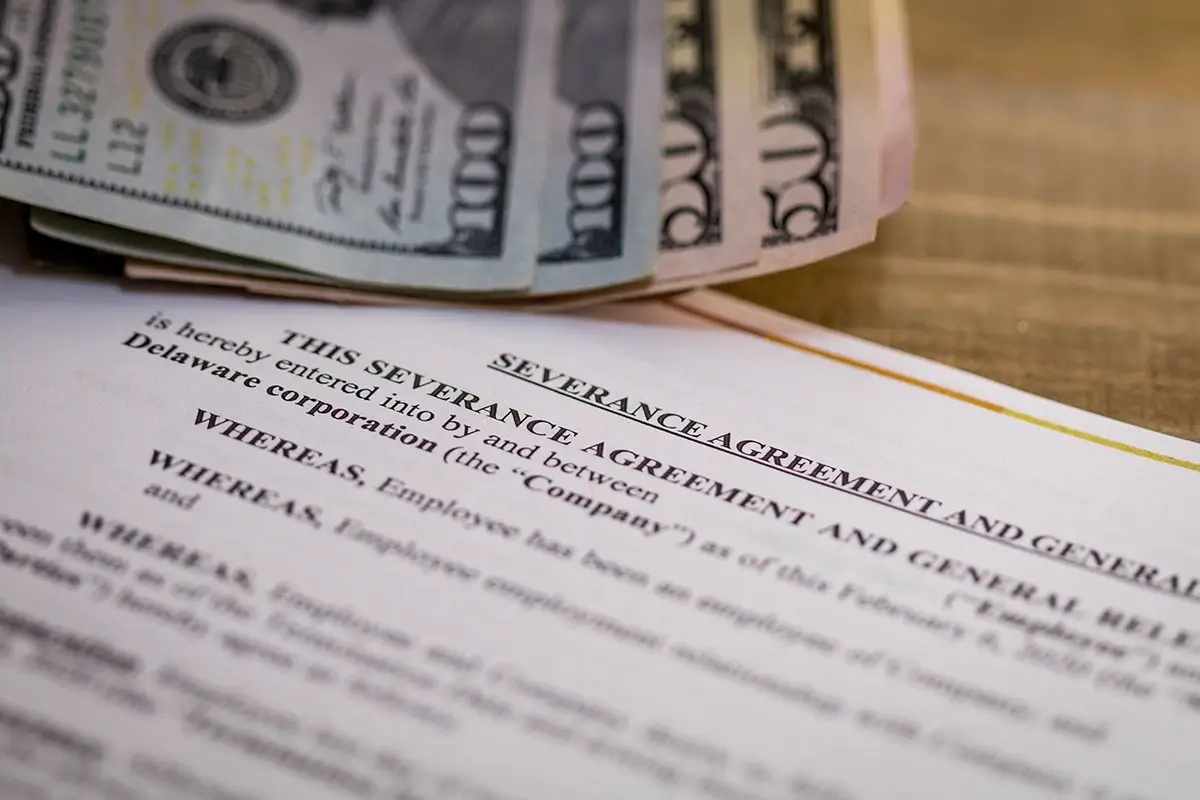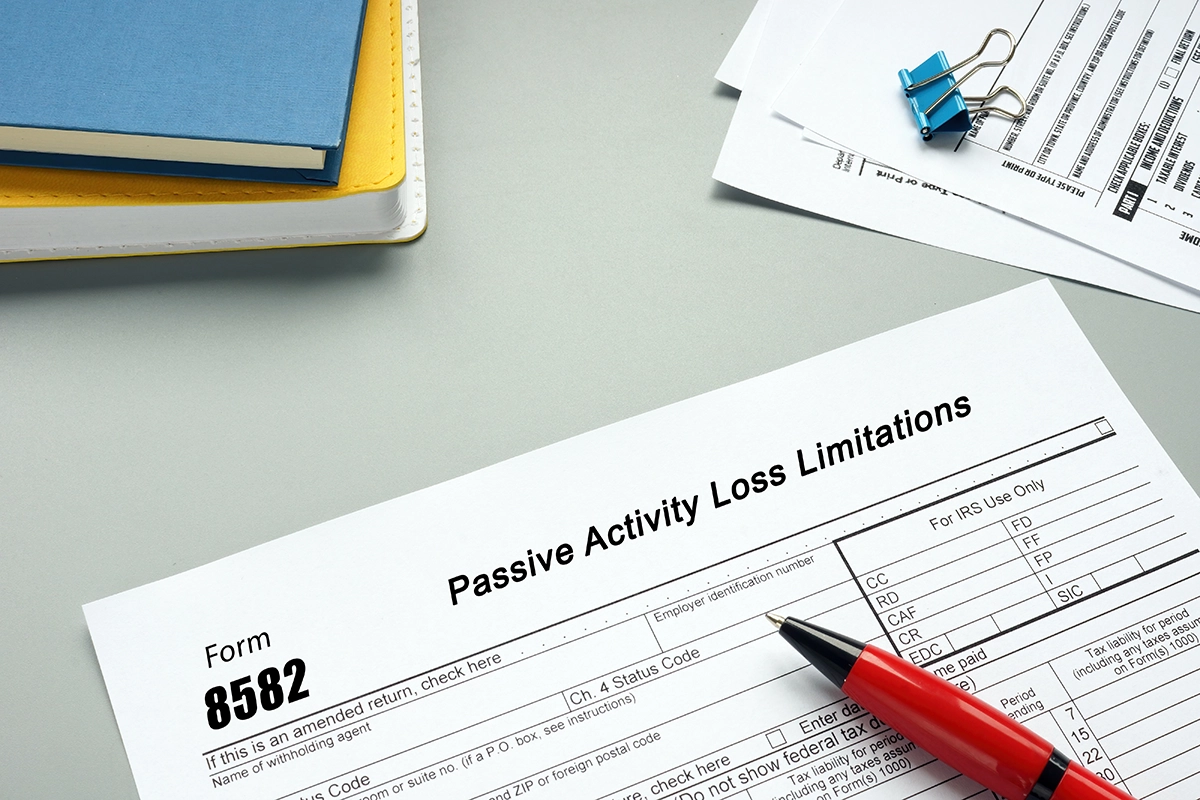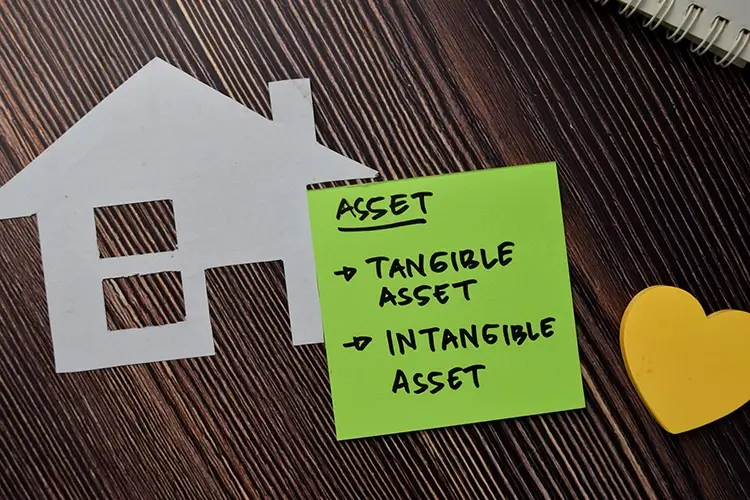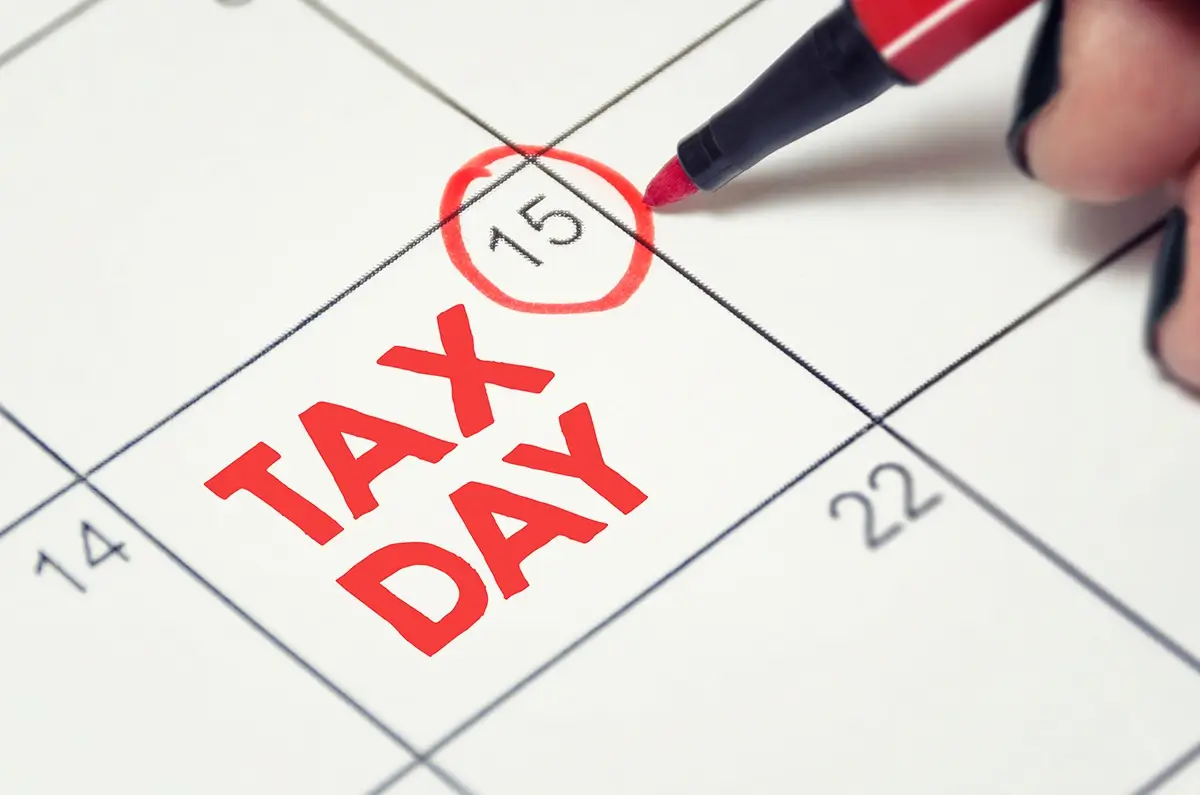We all have regrets in life, what could have, would have, or should have been. Financial regrets tend to leave long-lasting emotional stress. The feeling of regret, while not pleasant, may serve as a teaching moment to help us understand what we enjoy and what we don’t enjoy. Regret can teach us what we value and what we don’t, when your money is gone, it’s gone.
Extended Warranties
Extended Warranties are offered as an added protection on consumer electronics and appliances. Though the price is almost always a great deal, it’s usually a great deal for you. Most products come with a manufacturer’s warranty that protects against defects and provides some level of consumer protection without having to pay extra. Always think twice before you spend the extra couple dollars on the extended warranty that they offer when you buy a new product.
Brand New Technology
First generation technology isn’t always the best purchase. Typically, consumer electronics and technology tend to improve in quality and drop in price after the bugs in the first generation are worked out and market demand increases.
Fees and Penalties
It’s no shock that bank fees are higher than ever and, no one likes forking over money from useless fees to their bank. The biggest fee that can be easily avoided is late fees. Watch due dates, keep an eye on your accounts so that you don’t incur over draft fees, and check around to different banks to see what their fees are and what incentives they might offer. Some banks offer to waive checking account fees if you have direct deposit, or if you have an automatic movement into a savings account. Ask what your options are and go with the bank that suits your situation best.
Eating Out
Think about how much money you spend each week on fast food, restaurants, coffee shops, and bar purchases. This is one of the highest expenditures that people have on a weekly basis if you are not paying attention to it. Imaging eating out three meals a day. For one person this is an average of $30-50 a day, and that adds up quickly. It can add up to more than your mortgage or rent, especially if there are 2 people in the house doing this. Think about how to make little tweaks. Make breakfast and coffee at home or pack a lunch for work. There are many options, you just need to look to see what best suits your situation.
Gym Memberships
Did you know that an estimated 65% of gym memberships go unused after the first two visits? If you are thinking about getting a gym membership, really consider if you are going to use it. Imaging how much you can grow your investment by adding that $50 per month ($600 a year) to your ongoing investment account.
There are many things we may look back at and regret in life, don’t let your spending habits be one of them.












